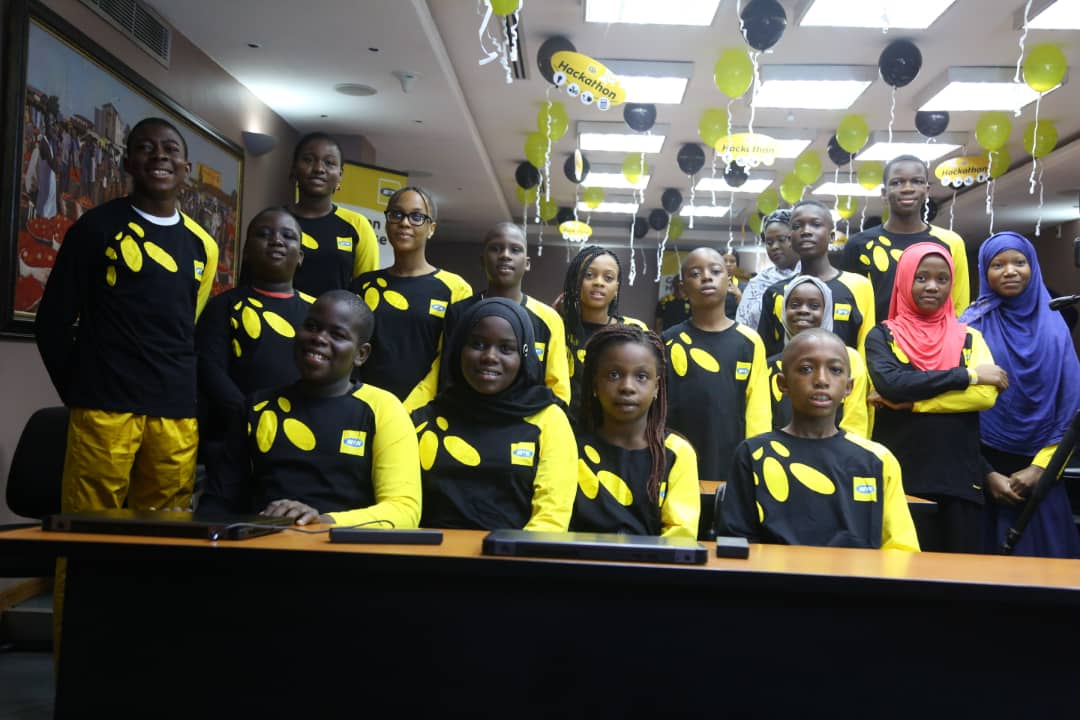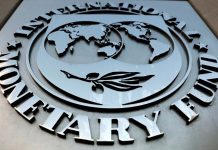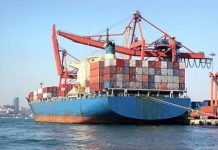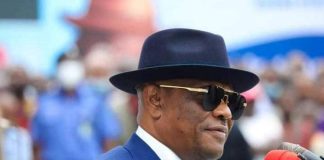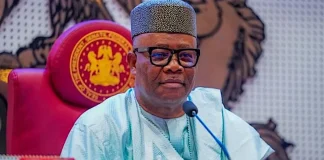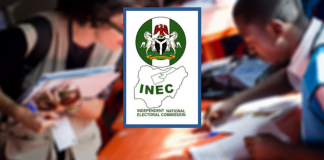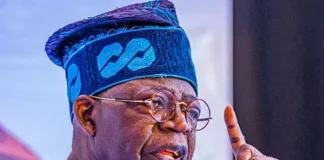🌿 Ruzu Non-Alcoholic Herbal Bitters
Ruzu Non-Alcoholic Herbal Bitters is a natural health supplement specially formulated to:
- ✅ Promote general wellness
- ✅ Detoxify the body
- ✅ Support the treatment of various ailments
Made from a powerful blend of 100% organic and medicinal herbs, Ruzu is completely alcohol-free, making it ideal for:
- 👪 All age groups
- 🌱 Health-conscious individuals
- 🌿 Anyone seeking non-alcoholic herbal remedies
Whether you're looking to boost your vitality, cleanse your system, or support healing the natural way, Ruzu Bitters offers a trusted herbal solution.
According to Nicholas Uwerunoye, a new wave of digital transformation driven by strategic partnerships is changing how kids study, dream, and invent as Nigeria struggles with human capital development. It all started with a quiet revolution in Abuja’s public schools.
A silent but significant event took place in Abuja last Friday, in a nation where policy promises and practical realities frequently conflict with regard to education.
With the official delivery of 600 digital tablets to 12 public secondary schools in the Federal Capital Territory (FCT), the FCTA, in collaboration with telecom behemoth MTN Nigeria, took a significant step toward rethinking the future of public education.
The effort is “more than just a donation,” according to FCT Minister of State Dr. Mariya Mahmoud, who was represented at the ceremony by her Special Assistant on Technical Matters, Michael Bawa.
“These tablets are an investment in our children, in digital inclusion, and in the development of our country,” she said.
The importance of this kind of collaboration extends well beyond the initial excitement of transferring gadgets. It strikes at the core of Nigeria’s problems with human development: a glaring digital divide, a lackluster educational system, and restricted access to contemporary resources.
Even though Abuja is the capital of the country, many of its public schools have long functioned in an environment that is very different from the technological innovations that characterize education in the twenty-first century.
MTN Nigeria’s donation is a component of a larger national initiative.
In an effort to support digital education and create classrooms that are prepared for the future, the telecom company has announced that it is donating 4,600 tablets to public schools around Nigeria as part of its corporate social responsibility (CSR).
The move is about “supporting access to digital learning” and building an ecosystem where no student is left behind in the rapidly evolving digital age, according to Ernest Ndukwe, Chairman of the Board of MTN Nigeria.
The advantages are both practical and symbolic for the FCT. The gadgets will expose students to digital research, interactive learning, and customized study habits that are prevalent in higher education institutions worldwide.
Beyond technology, however, they will bring about a change in perspective—from reliance on textbooks to multimedia learning, from teacher-centered paradigms to student-driven inquiry, and from rote memorization to critical thinking.
On behalf of Mandate Secretary Danlami Hayyo, Kolawole Olabashola, Director of the Department of Science and Technology in the FCT Education Secretariat, accurately described the excitement.
“Our schools will be in a position to compete globally thanks to this initiative,” he said. “It gives students in public education new opportunities and helps close the digital divide.”
These “new horizons” are essential, not merely poetic. According to World Bank estimates, over 60% of children in a country with a population of over 200 million live in “learning poverty,” which is defined as not being able to read and comprehend a simple text by the age of ten.
Poor educational attainment, restricted access to healthcare, and slow economic participation are the main causes of Nigeria’s Human Development Index (HDI), which continues to rank among the lowest in the world.
If widely implemented, digital learning presents a unique chance to reverse this dire trend. According to experts, integrating digital resources into the public school system, such as internet access, teacher training, and content-rich platforms, might eventually boost test scores by 30% and retention rates by up to 20%.
Additionally, students who possess digital literacy are better equipped for a global labor market that is favoring tech-savvy workers over those with more conventional skill sets.
However, there are expenses associated with this change. It might cost Nigeria an estimated ₦300 billion to outfit just 50% of its public secondary schools with digital tablets, e-learning materials, and dependable infrastructure.
The total might come close to ₦500 billion over five years if teacher training and digital lab upkeep are included.
The return on investment is significant, despite the fact that such a figure may raise questions.
Read Also: Capital Displacement: How Abuja’s Indigenous Communities Are Losing Economic and Political Ground
Measureable improvements in literacy, employment, innovation, and even civic involvement have been documented by nations like Rwanda, Kenya, and Estonia who have implemented national digital education frameworks.
Every kobo invested in Nigeria is not only an expense but also a down payment on the country’s wealth, peace, and production.
The FCTA-MTN relationship is an important case study because of this. It provides a model for how the public and private sectors might work together to jointly produce value for the coming generation.
Additionally, it communicates to other corporate actors that education is a shared goal rather than merely a government duty.
Additionally, the project is a perfect fit with President Bola Ahmed Tinubu’s Renewed Hope Agenda, which emphasizes youth empowerment, digital inclusion, and education reform as key pillars of national growth.
Projects like these have the power to inspire communities, improve schools, and transform today’s underprivileged youngsters into tomorrow’s leaders, inventors, and creators if they are carried out regularly.
More than just pixels and processors, the 600 tablets have potential as they start their trip into Abuja classrooms. a pledge that every child should have the opportunity to learn, compete, and prosper in the digital era, irrespective of their financial situation.
a pledge that long-neglected public schools can develop into centers of innovation and quality. And most importantly, a pledge that Nigerian education’s future is not just possible but also achievable.
And every cent will be worthwhile if that future starts with a single student in Abuja using a tablet screen to realize their full potential.

